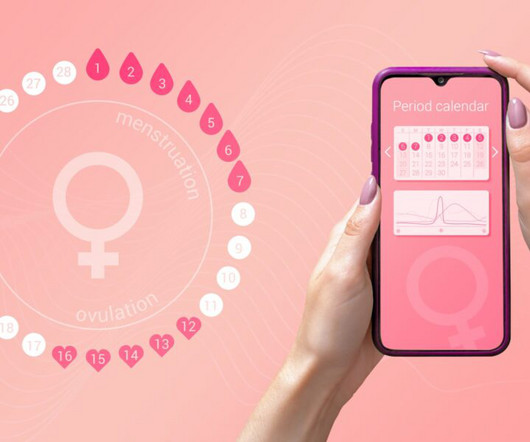Old Dogs and New Tricks: A Case for the Principles and Guidelines on Human Rights & Public Health Emergencies
Bill Of Health
NOVEMBER 16, 2023
Going forward, the Principles may help to prevent some of these failures. Looking back to move forward: why the Principles may help in future pandemics Crystalizing the applicable international law and standards in public health emergencies First, the Principles bridge a much-needed gap in our understanding of public health emergencies.












Let's personalize your content